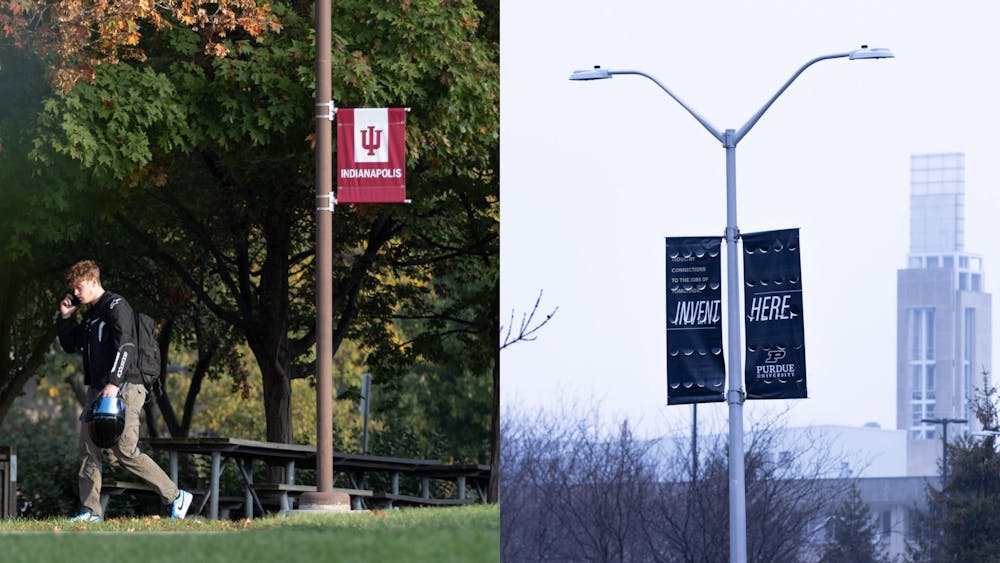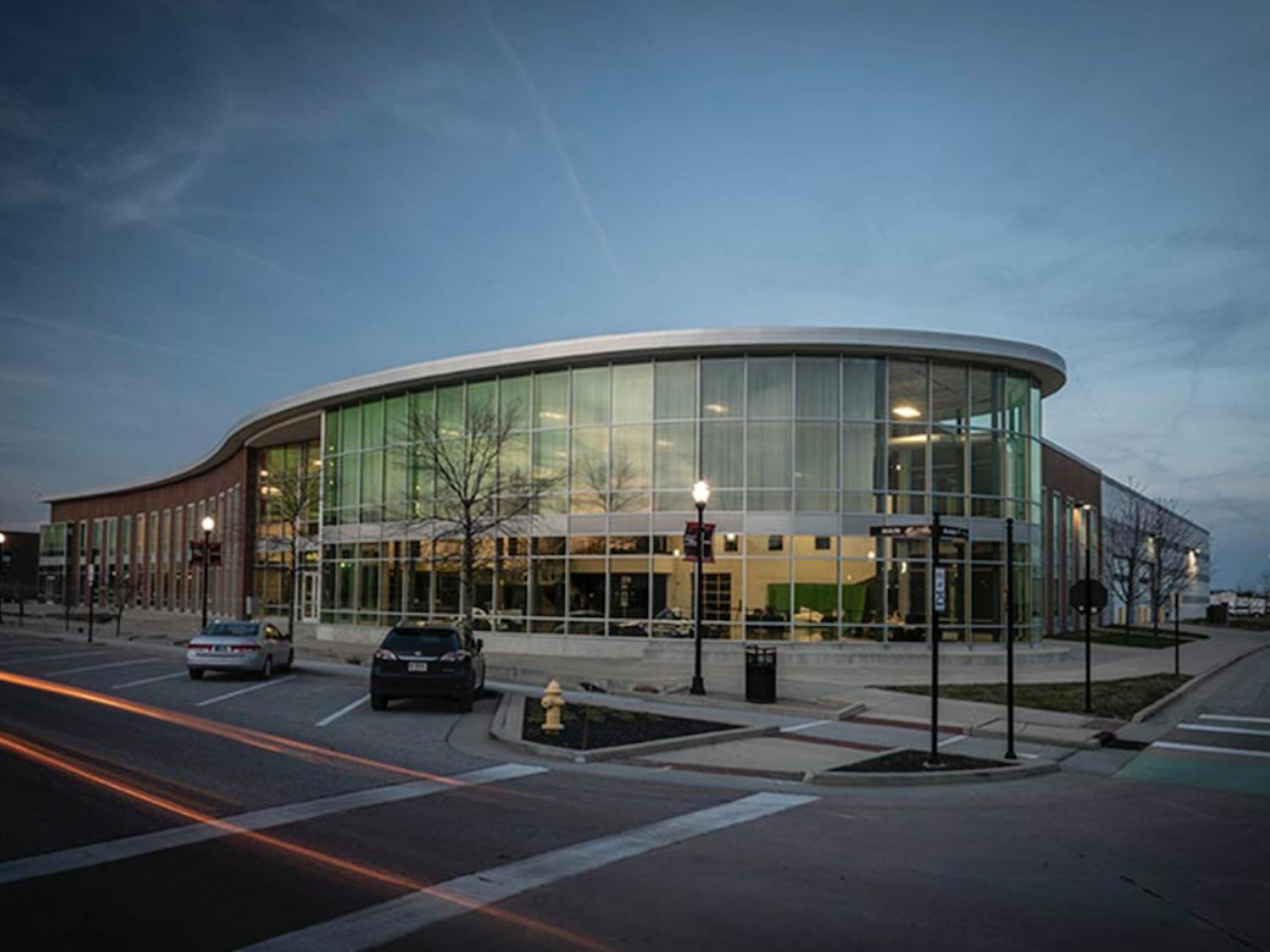On July 1, 2024, IUPUI will cease to exist as a merged campus, and it will split to become Indiana University Indianapolis (IU Indianapolis/IUI) and Purdue University in Indianapolis. This has caused a whirlwind of confusion among both IU and Purdue students, faculty and staff. Although there are still a lot of questions that remain unanswered, both IU and Purdue have begun to address multiple aspects of the split.
IUPUI has existed as a merged campus in the heart of downtown Indianapolis since 1969. The decision to share a campus, and operate jointly, was encouraged by Mayor Richard Lugar in 1968, who requested the creation of a “great state university in Indianapolis.” In the 55 years since the creation of IUPUI, the universities have worked together to offer more than 550 programs on a shared 539-acre campus.
IUPUI is known as an “urban research campus” with 56 research centers and institutions used to conduct research specifically at IUPUI. IUPUI has also directly contributed to the job market and economic growth of Indianapolis. According to the Economic Value of Indiana IUPUI Executive Summary, “One out of every 42 jobs in the IUPUI service area is supported by the activities of IUPUI and its students.”
Despite these joint achievements, this mutually beneficial union is coming to an end, and the two universities will divide their programs, and campus resources, on July 1. Both IU and Purdue have stated that the reason for the split is to promote economic growth and to create new jobs. IUPUI was originally formed to create more jobs and to retain graduates in Indiana, and, now, both IU and Purdue are splitting to follow their own visions for higher education in Indianapolis.
Purdue University in Indianapolis was described by President Mung Chiang as “Purdue University’s first comprehensive urban campus.” The goals described in a fact sheet provided by the new Purdue University in Indianapolis website seems reflective of the goals surrounding the creation of IUPUI.
Purdue University in Indianapolis’ website states, “Boilermakers are excited to serve the people, businesses and communities of Indianapolis; to generate workforce, jobs and innovation together; and to build the most consequential engine of economic growth and brain gain in the Midwest.”
As campus division details continue to surface, IU and Purdue have begun to announce which housing options and buildings are available to their respective students. Purdue will be utilizing floors of both North Hall and the Lux on Capitol for student housing, along with the engineering and technology buildings on IUPUI’s campus. Purdue has also stated that it plans to create and “independently operate a 28-acre new site” along the historic Indiana Avenue.
This proposed expansion comes in tandem with increased efforts by the city of Indianapolis to revitalize, and support, the Black community along the Avenue, which was originally displaced by the creation of IUPUI.
Regarding the impact on students, staff, graduates, alumni and researchers that fall under the umbrella of Purdue, a list of frequently asked questions is available online. Current Purdue students will be part of the cohort of “Teach Out” students. These students are expected to graduate by the spring semester of 2027.
Besides the Department of Computer & Information Science, which will integrate into Purdue, IU Indianapolis will assume control of all other science programs, most of which are considered human sciences. Purdue will take full control of the engineering and technology programs, other than music arts and technology, which was taken over by the Herron School of Art + Design on Jan. 1.
IU Indianapolis will remain relatively unaffected by the split, as there have not been many proposed changes. The main adjustments are related to the expansion of Luddy School of Informatics, Computing, and Engineering. Indiana University Indianapolis has announced plans to double student enrollment and hire 30 new STEM faculty to IU Luddy.
Kennedy McCormack (she/her) is an Indiana University Indianapolis junior who is majoring in Health Services Management. Kennedy is a journalist for the Campus Citizen with a focus on writing about campus events. After college, Kennedy hopes to pursue a career in healthcare communications or marketing.
Ashley Wilson (she/they) is a junior double majoring in Creative Writing and Journalism. She is the Campus Editor of The Campus Citizen. In her free time, she can be found crocheting, reading, or crying over Doctor Who edits.





